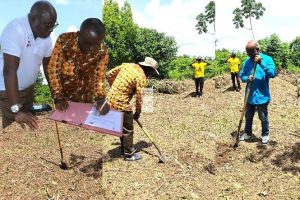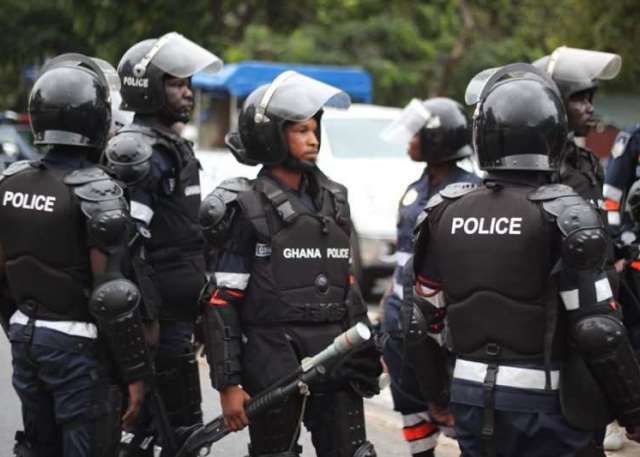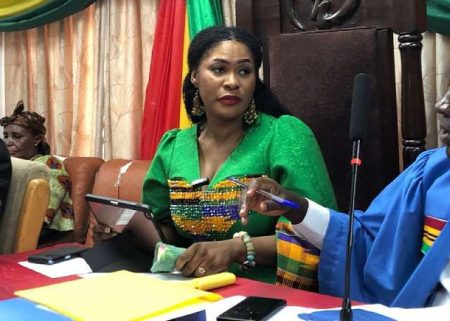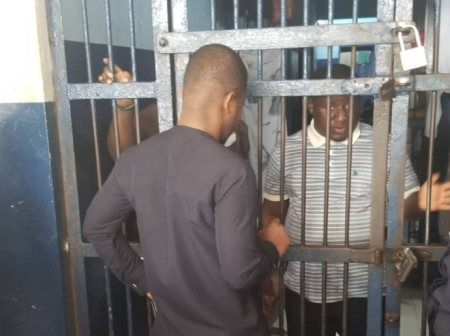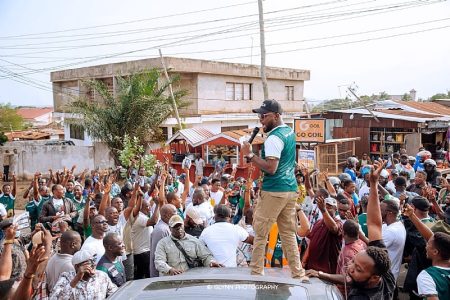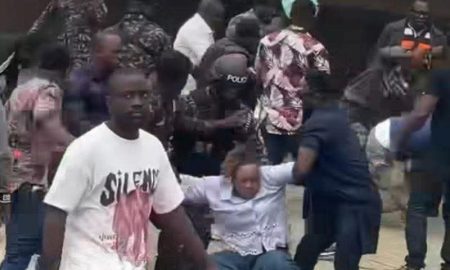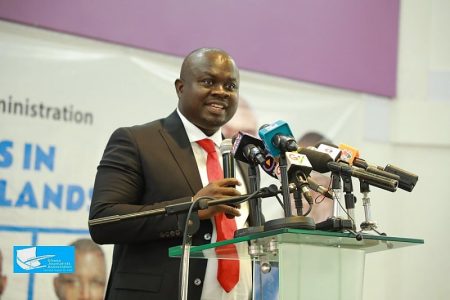The upcoming parliamentary re-run in Ghana’s Ablekuma North Constituency is being approached with a heightened focus on security, following concerns over potential electoral violence. The government, through Defence Minister Dr. Edward Omane Boamah, has unequivocally stated that there will be no military presence at polling stations. This decision is aimed at allaying public fears and ensuring that the election process is conducted in a peaceful and transparent manner, with the Ghana Police Service solely responsible for maintaining law and order. Dr. Boamah’s emphatic declaration underscores a commitment to civilian-led security during elections, a principle aimed at fostering trust in the electoral process and preventing any perception of intimidation.
The decision to rely solely on the police force stems from a desire to avoid repeating past incidents of electoral violence that have marred Ghana’s democratic record. The memory of the Ayawaso West Wuogon by-election, which was marred by violence, and the tragic loss of eight lives during the 2020 general elections, serves as a stark reminder of the potential consequences of inadequate security measures and the need for a measured approach. By entrusting the Ghana Police Service with the responsibility of securing the Ablekuma North re-run, the government aims to project an image of a democratic process free from military interference, thereby encouraging voter participation and confidence in the outcome.
The Ghana Police Service, acknowledging the gravity of its responsibility, has confirmed the deployment of a substantial number of trained personnel to all 19 polling stations within the Ablekuma North Constituency. This deployment encompasses a multi-layered security approach, with officers stationed directly at polling centres, supported by additional units tasked with traffic management and access control to sensitive areas. This comprehensive security plan is designed to prevent unauthorized activities, maintain order, and ensure the safety of voters, electoral officials, and poll materials. The emphasis on a robust police presence is intended to deter potential disruptors and create an environment conducive to a free and fair election.
Beyond the physical presence of security personnel, the police are actively engaging the public in their security efforts. Citizens are encouraged to play a vigilant role by reporting any suspicious activities or individuals directly to the police through dedicated hotlines. This community-based approach to security recognizes the importance of public cooperation in identifying and preventing potential threats. By empowering citizens to participate in securing their own electoral process, the police aim to create a network of vigilance that extends beyond the capabilities of deployed officers, fostering a shared responsibility for maintaining peace and order.
The success of the Ablekuma North re-run hinges on the effectiveness of these security arrangements. The constituency has become a politically sensitive area, making the re-run a high-stakes event with the potential to escalate tensions. The authorities are acutely aware of this, and the comprehensive security measures implemented reflect a proactive approach to mitigating potential risks. The focus on police-led security, coupled with calls for public vigilance, underlines a commitment to a peaceful and credible election, one that upholds the principles of democracy and respects the will of the electorate.
This election represents more than just a local parliamentary contest; it serves as a test of Ghana’s commitment to peaceful democratic processes. A successful, violence-free election will send a strong message about the maturity of Ghana’s democracy and its ability to conduct elections with integrity. Conversely, any security lapses or incidents of violence could undermine public trust and cast a shadow over the legitimacy of the results. The eyes of the nation, and indeed the international community, are on Ablekuma North, and the outcome of this re-run will have significant implications for Ghana’s democratic trajectory. The government’s commitment to a peaceful and credible election, coupled with the diligent preparations of the Ghana Police Service, sets the stage for what is hoped will be a smooth and successful electoral process.



